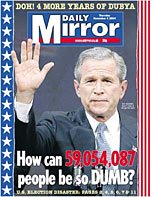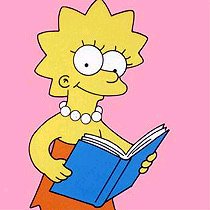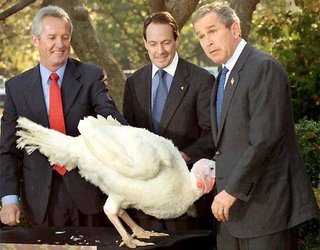CROSSROADS COMMENT -- Nearly Translucent
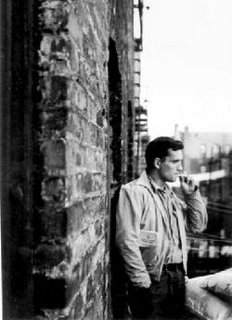 As Sal Paradise says: "life is holy and every moment is precious," which explains why Dean "seemed to be doing everything at the same time." –Jack Kerouac, On the Road, first published in 1957
As Sal Paradise says: "life is holy and every moment is precious," which explains why Dean "seemed to be doing everything at the same time." –Jack Kerouac, On the Road, first published in 1957In what ways do novels read fifty years ago remain important to us?
Lacking the file cabinet memory of a Jacques Barzun or a Harold Bloom, plot lines and meanings of major works can turn into a tangle of knots and loose threads–lumpy highlights, the flash of a name, a few hazy scenes vaguely recalled.
We’ve all experienced this graying of a past color burst reading experience. The cold eye of the present inserts itself between the warm ache for yesterday’s enchantment. Our reading of reading memories becomes an exercise in mental acrobatics. What we devoured with a straightforward hunger yesterday is forced to jump through hoops today. Enlightenment gained wobbles precariously, swaying against the stolid reasoning of the now. Power is lost. Light dimmed.
So what is left to trust when we open our mind’s eye to an important reading memory?
This question occurred to me as I read Jenna Russell’s story in the The Boston Globe on the unfurling of the scroll of paper Jack Kerouac used when writing his now classic Beat Generation novel, On the Road. The story leads with this: “It's literary legend, how Jack Kerouac wrote his breakthrough novel On the Road in a three-week frenzy of creativity in spring 1951, typing the story without paragraphs or page breaks onto a 119-foot scroll of nearly translucent paper.”
That “nearly translucent” buzzed me through the doors of my memory bank and provided all I really need to remember about Kerouac’s unlikely, timely masterpiece.
Nearly fifty years ago I was sitting in a blazingly bright all night restaurant on the southwest side of Chicago. It was either the The Beacon or The Wheel, two favorite haunts. My copy of On the Road sat next to a piece of apple pie and ice cream. I somehow remember today these staples of American life were Kerouac's favorite forms of secular communion. The pie was dished up by a tired waitress with a frilly handkerchief in her breast pocket. She called me “hon.” She asked me what I was reading. I stammered my answer then and I stammer it now.
But what remains clear is that for a long moment during those Nighthawk nights at the equally well-named Beacon or The Wheel life understood through this book seemed to turn “nearly translucent.”
Then the military draft got me and the moment was lost for two years and a lot more after that.
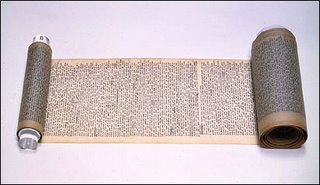
Labels: Beat Generation, Chicago 1958, Kerouac



